The future is now: Smart Cities and Industry 4.0

In the age of Industry 4.0, the term “smart cities” is more than just a trend – it is a vision for the future of urban living spaces. Smart cities use the latest technologies and innovations to make cities more efficient, sustainable and livable. In this post, we will explore how Industry 4.0 technologies can help make this vision a reality, from intelligent transportation systems to connected energy.
1. Intelligent transport systems: A key aspect of smart cities is the development of intelligent transport systems that optimize traffic flow, reduce environmental impact and improve citizen safety. Industry 4.0 technologies such as the Internet of Things (IoT), artificial intelligence (AI) and big data analytics make it possible to analyze traffic patterns in real time, control traffic flows and avoid traffic jams. Intelligent transport systems can also help improve public transport by providing real-time information about schedules and availability and promoting the integration of different modes of transport.

2. Efficient energy supply: Industry 4.0 technologies also play an important role in the development of efficient and sustainable energy supply systems for smart cities. By integrating smart grids and renewable energy, cities can increase their energy efficiency, reduce their carbon emissions and reduce their dependence on fossil fuels. Smart energy systems use IoT sensors and real-time data analysis to optimize energy consumption, reduce peak loads and facilitate the integration of distributed energy sources such as solar and wind energy.

3. Connected Infrastructure: Another important aspect of smart cities is the development of connected infrastructure that allows citizens to seamlessly interact with each other and with city services. Industry 4.0 technologies such as the Internet of Things, 5G connectivity and cloud computing make it possible to connect various aspects of urban life, from street lighting and waste management to public buildings and parks. By integrating sensors and connected devices, cities can collect and use real-time data about environmental conditions, traffic patterns and energy consumption to manage their resources more efficiently and improve the quality of life for their citizens.

4. Sustainable urban development: Finally, Industry 4.0 technologies help promote sustainable urban development by making cities environmentally friendly, livable and resilient living spaces. By leveraging data and analytics, city planners and governments can make informed decisions to use resources more efficiently, reduce environmental impact and improve the quality of life for all residents. From promoting green transportation and creating public green spaces to implementing energy-efficient buildings and infrastructure, Industry 4.0 technologies are helping to create a sustainable and livable future for cities around the world.

Overall, Industry 4.0 technologies play a crucial role in shaping the cities of the future. Through the development of intelligent transport systems, efficient energy supply systems, connected infrastructures and sustainable urban development, smart cities can become more efficient, sustainable and livable. It is time to use these technologies to improve the quality of life for all residents and create a sustainable future for our cities.



